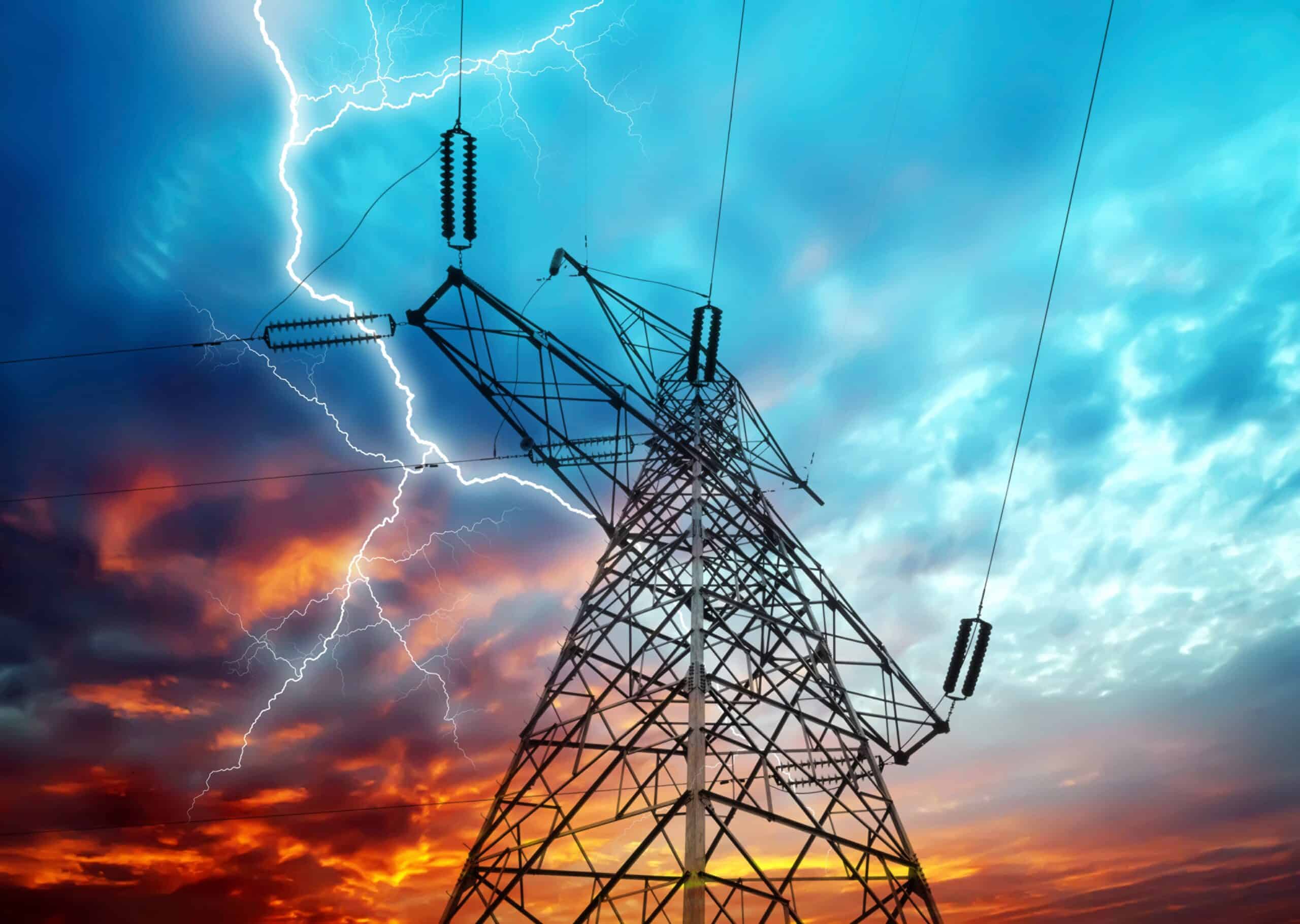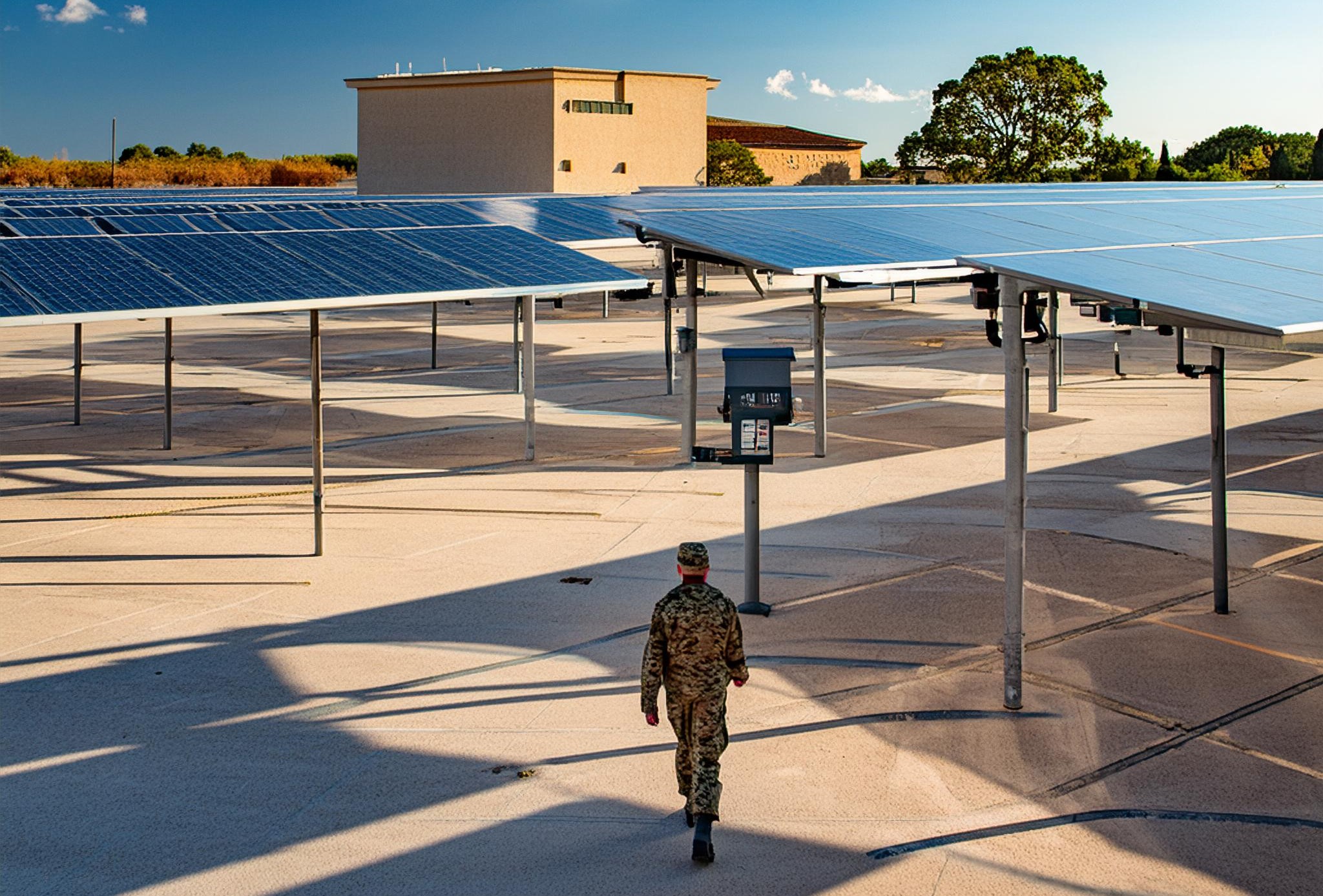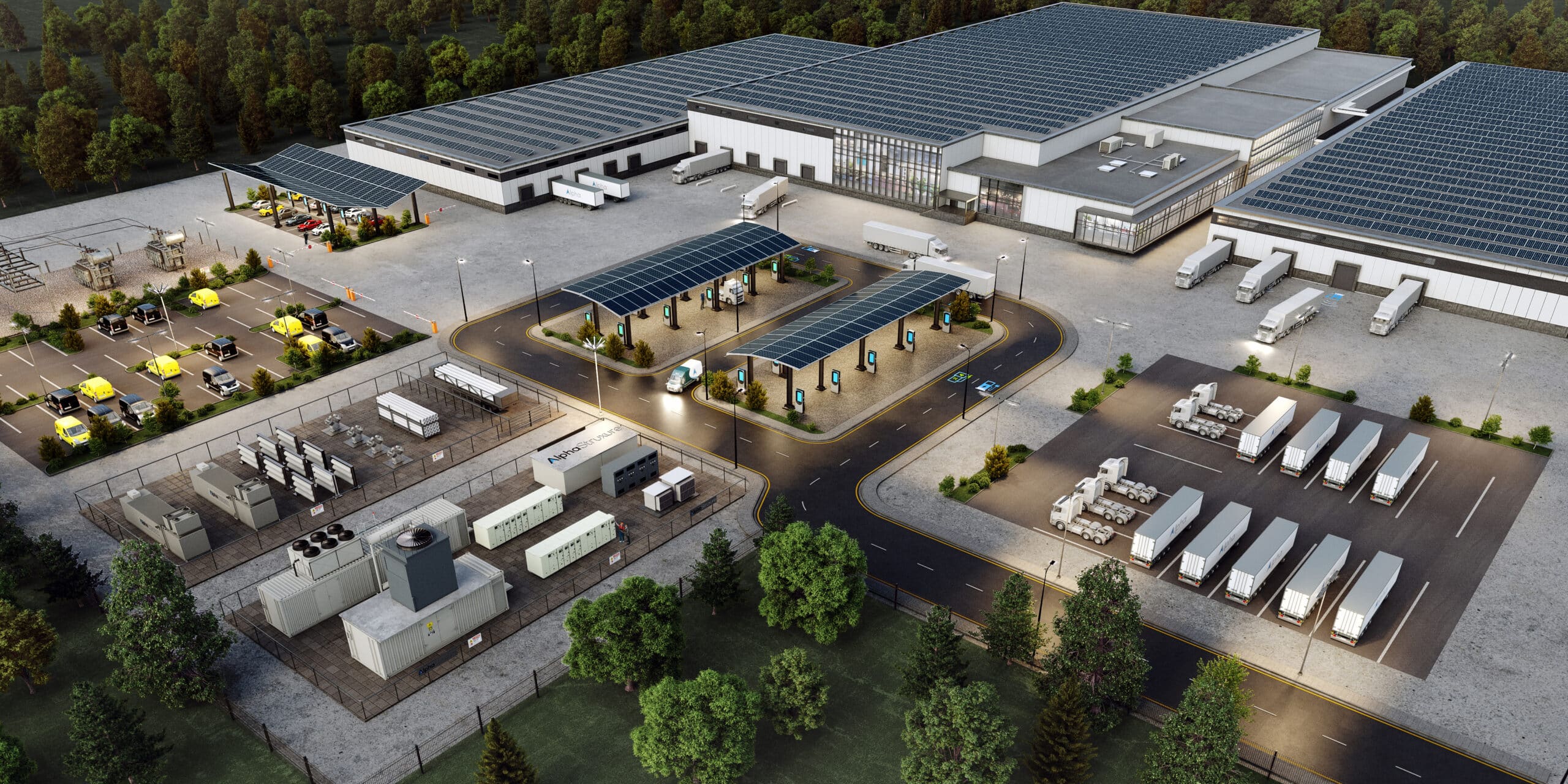Microgrids are local energy systems with sources of generation, storage, and advanced automation and control. They are able to function independently from the grid, delivering:
- Energy cost certainty and optimization
- Enhanced resilience and reliability
- Accelerated emissions reductions
Reliability and resilience are both fundamental benefits of a microgrid. But the terms are easily mixed, and our team is often asked what the difference is, what reliability and resilience mean to our customers and us, and how we measure these important metrics. These are great questions, and we’re here to explain.
Reliability VS. Resilience or Reliability AND Resilience
We believe a resilient system is a reliable system. In other words, a system designed with high levels of resilience will also run with high reliability. For example, picture a manufacturing facility on the end of a long power line that experiences multiple power outages throughout the year, resulting in the loss of production time, product, and revenue. This is a highly unreliable system! The traditional approach to providing power during electrical outages is to add a set of emergency diesel generators. These help restore life-safety loads but are unlikely to support the entire facility. In addition, the facility would likely still experience a complete site outage before the diesel engines start up, resulting in a recurring fixed outage cost. During normal grid conditions, the diesel generators would idle, leaving the customer with an asset that has limited benefits even during the limited hours it is used. This approach delivers marginal resilience.
How can facilities tackle power reliability problems?
With a resilient microgrid system, on-site generation combined with battery energy storage allows the facility to seamlessly transition its critical loads from utility power to islanded operation during a utility outage.
With an on-site microgrid, the energy to the facility’s critical loads is 100% reliable in the event of a grid outage or intermittent power disruption. If energy reliability is a problem, resilience is the cure.
How AlphaStruxure defines Reliability and Resilience
Often energy reliability and resilience are defined from an electric utility perspective, measuring reliability and resilience on a distribution system level. The industry-wide acronyms for reliability all have “average” in their names which average outage frequency and outage duration over thousands of customers.
At AlphaStruxure, we view reliability and resilience one client at a time. Our clients not only have power demands but thermal demands as well. They may have problems with outages along with power quality problems that contribute to an unreliable system. For these clients, a one-second outage may result in significant losses, or they may require backup power that extends beyond a 24-hour diesel storage tank.
Given our customer-focused approach, AlphaStruxure defines reliability and resilience for our microgrid systems as follows:
- Reliability is providing the expected quantity and quality of any energy product
- Resilience is how the system responds, adapts, and recovers from a reliability event (i.e., deviation from the expected quantity or quality of energy)

We see these definitions differently because, at AlphaStruxure, our focus is on:
- Understanding all of a an organizations energy resilience needs — not just their electricity needs
- Designing a microgrid that provides optimal resilience by balancing economic and sustainability goals
- Improving our client’s operations with a more resilient system
We believe resilience improvements and the increased reliability it creates set our Energy as a Service microgrids apart. But we don’t just say our resilient system improves reliability; we guarantee it. Every AlphaStruxure microgrid is designed and optimized with guaranteed outcomes based on the client’s goals around resilience, reliability, greenhouse gas reduction, and cost stability.
Have questions about the reliability of your power or resilience of your facility? Comment below or email us at info@alphastruxure.com.




